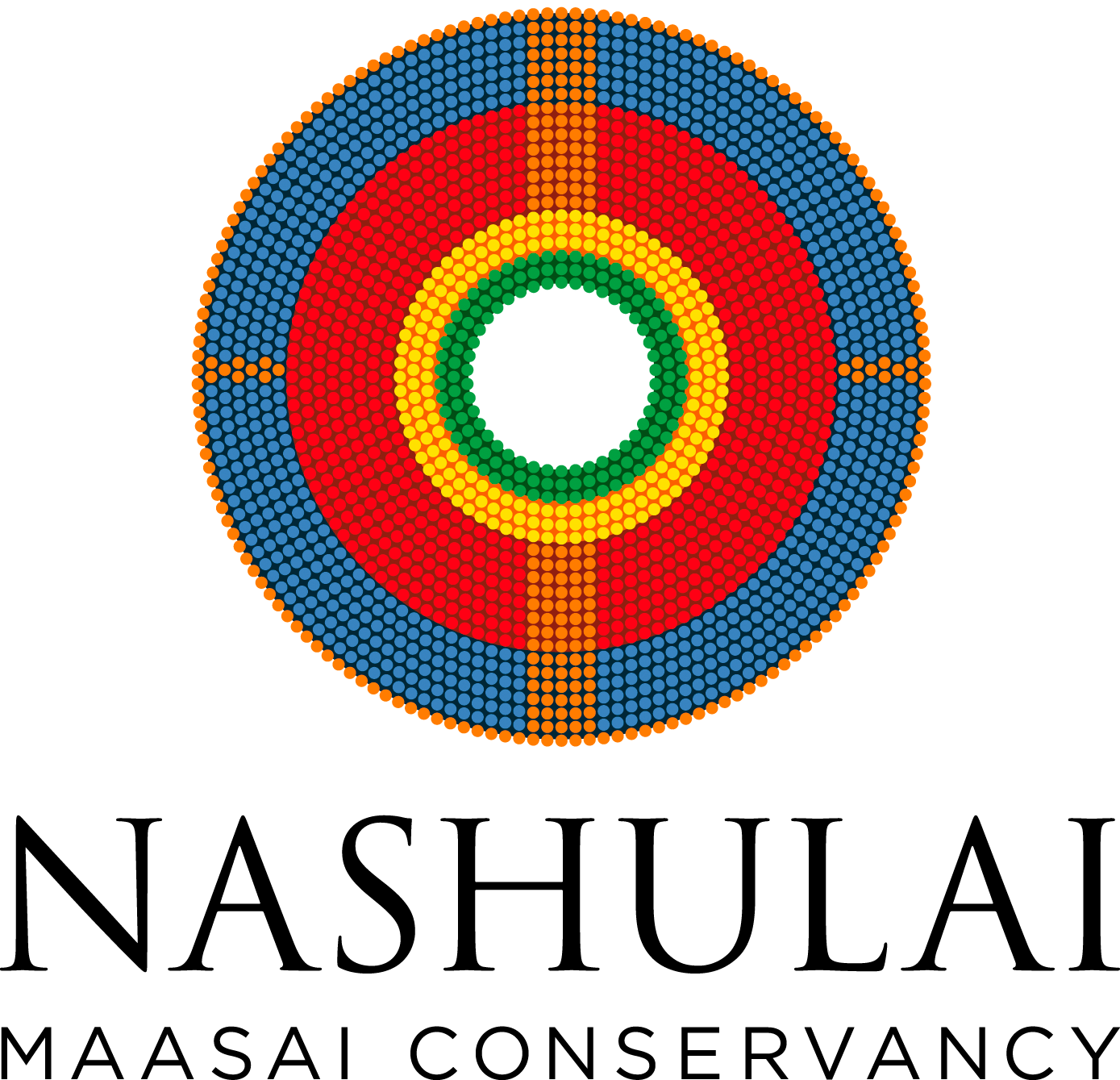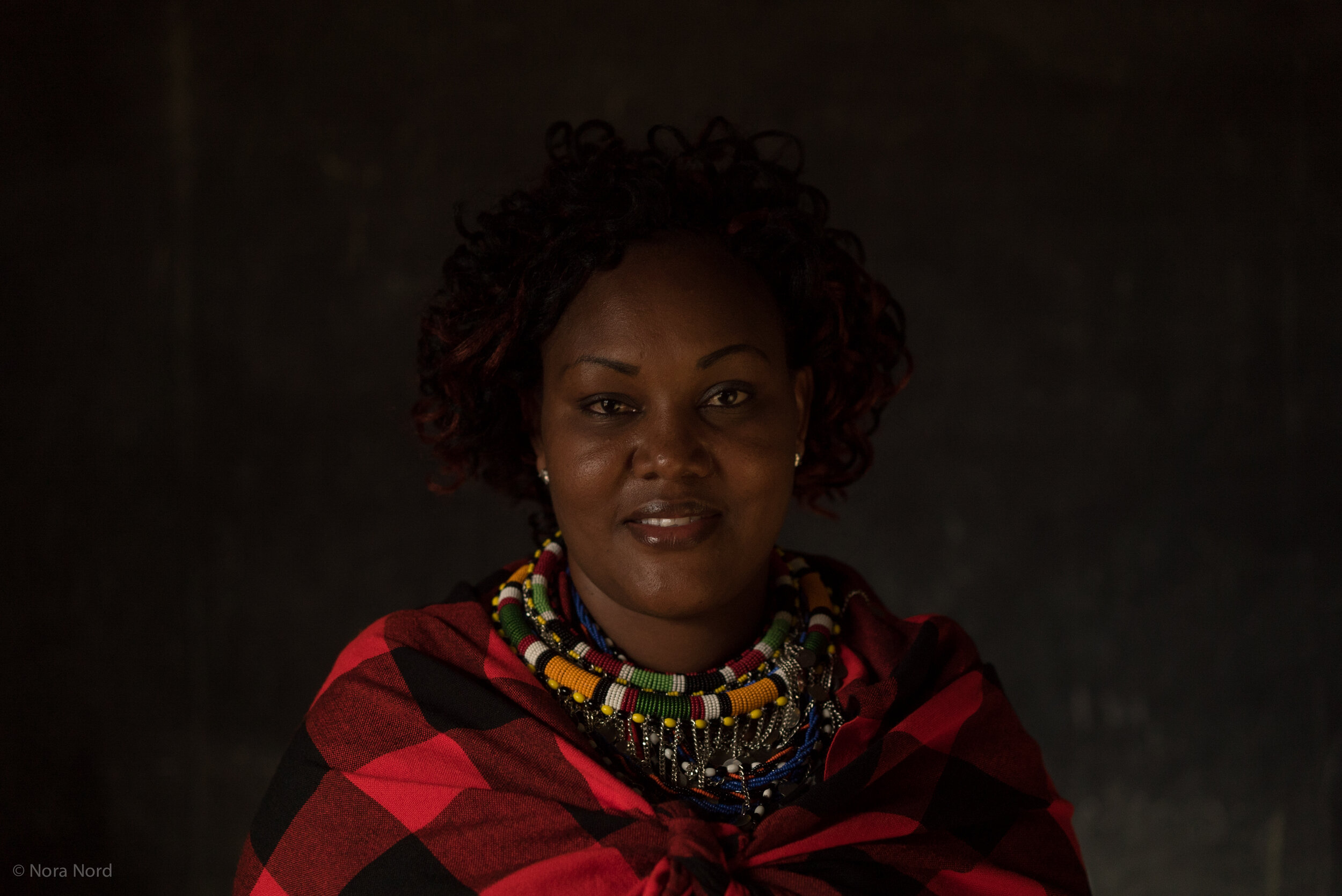As our Nashulai Model stresses preserving our traditions while adapting to the future, empowering women and educating girls became part of our mandate from the outset.
For hundreds of years, Maasai women have been subjected to the brutal and sometimes deadly practice of Female Genital Mutilation (FGM), or are forced into child marriage, depriving them of education and their rights to autonomy and freedom. Our Director of Family, Gender and Education Margaret (Maggie) Sakian Koshal was an exception:
“I was lucky to have a father who embraced education, he believed in the capacity and dignity of the girl child and all women. He took me to school and was well aware of the benefit of investing in his daughter’s education. But I never forget how many other Maasai girls are disproportionately denied the right to an education. While working in the city, I decided I would not just watch but do something about it. I resigned from my job and went back to the Maasai Mara.”
Under Maggie’s leadership we’re working to change these practices - and our success over the past few years has been astounding! By engaging with community elders, it was decided that the Nashulai Bursary Fund would equally fund girls’ and boys’ educations. We also established the Mara Learning and Development Centre to ensure all children have a positive learning environment. Nashulai’s Board of Directors also has gender parity.
Mindful of the fact that cultural changes must come from within, the Family, Gender and Education Committee liaises with parents, religious groups, elders, and community members of all ages, sectors, and organizational affiliations. We run workshops and seminars to explain how ending FGM and promoting early childhood education benefits the entire community. We also wrote and directed a theater production, “Cut the Cuts,” to spread awareness about the harm of FGM.
Not only have we convinced most community members to recognize the harmful nature of these practices, but we have also at times provided refuge for girls fleeing their homes to avoid forced marriages and continue their educations.
Although there are several schools in the Mara, many of these schools lack basic facilities and are plagued by a shortage of teachers, absenteeism, and dropouts. Through Mara Learning and Development Centre we have been involved in various initiatives to support these schools. These initiatives include: the provision of solar lamps, toilets, scholarships, community library, clean water, desks, and mobile computer training facilities. Just this year we’ve acquired a school bus so our children can get to school faster and safe from and human-wildlife conflicts.
Women and Girls Empowerment is also about honoring our traditions and culture. For millennia the Maasai have passed down our people’s deep botanical knowledge about the the Mara from grandmother to granddaughter. One revenue generating project we are implementing creating women led businesses to collect and market our traditional herbs for export. Not only will it empower women but by providing their families with an additional source of income, the entire family unit will gain increased prosperity.
Another example is our Sekenani River Restoration Project. As Maasai women are the traditional users of the water, they are deeply aware of its health and most vulnerable to waterborne diseases. It’s only natural that they lead the project! A key benefit of the project is that by teaching our children community-based water monitoring, they - and notably our girls - are exposed to the STEM fields at an early age. Not only will they gain an understanding of how science can improve their daily life, but we hope to empower them to become the scientific leaders of tomorrow!
We are also establishing a women-run beekeeping industry. The replanted saplings along the river need bees to pollinate them, and bees deter elephants from eating the young trees before they’re fully grown. Building beehives is a fantastic natural way to restore the riverbank ecology and provide an additional source of income for Maasai women.





